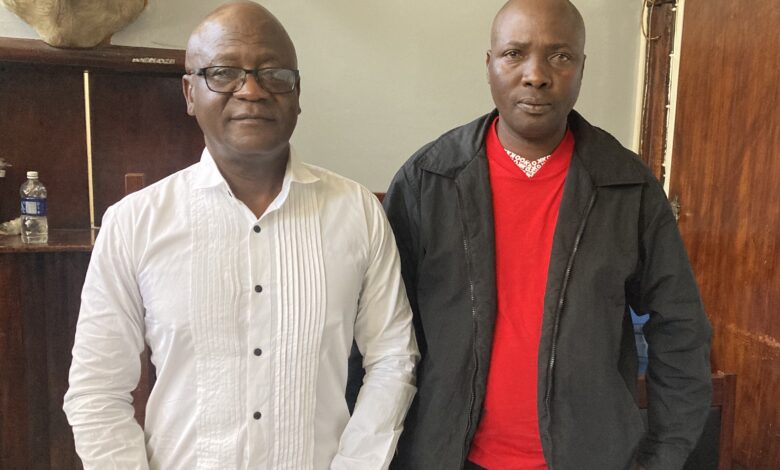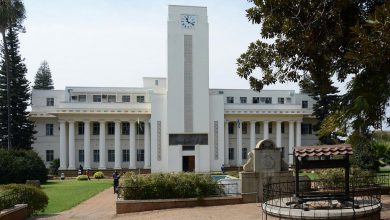Workers form network to promote political participation

Workers around the country have formed the Labour Caucus in Politics (LCP), a network of labour activists dedicated to promoting effective working-class participation in politics and governance in Zimbabwe.
This development is due to trade unions’ refusal to engage in active political activity, resulting in the LCP stepping in to magnify the voice of workers in Zimbabwe.
National Coordinator, Mandla Sibanda told CITE that inspired by oppositional leaders of yesteryears, LCP is an organisation that will promote political power on behalf of the working class by mobilising people through political actions.
“We are bent on encouraging the general citizenry of Zimbabwe and the working class to be actively involved in the political dynamics of the country and participate accordingly. Workers must be able to participate and participation is in a number of ways. They can be involved in voter registration, registering to vote and also seeking positions of power,” he said.
“They can assume political positions in the political arena so that we know every place where we are, we have workers or people who are worker-oriented and pro-poor oriented.”
Sibanda stated that the LCP was formed because the current leadership of the Zimbabwe Congress Trade Union (ZCTU), the country’s mother body of workers, stated that it was apolitical.
“Since the current ZCTU leadership publicly said their thrust is to be apolitical, we have realised we cannot survive in a country with an apolitical national trade union. We believe trade unionists are better organised to organise people, mobilise as they have good structures towards the improvement of their livelihoods,” said the national coordinator.
He stated that LCP was a voluntary organisation of those who believe they must actively participate in current politics in order to improve their own and others’ livelihoods in Zimbabwe.
“Therefore LCP is not a breakaway, as such I am the General Secretary for the Cement and Lime Allied Workers Unions of Zimbabwe and that trade union is affiliated to ZCTU but what we are saying is we need workers to be politically active,” Moyo said.
“People on the ground noted that something is wrong when ZCTU says it’s apolitical and that it was not their thrust as workers. We then said, ‘let’s work on something that will cover the gap because there is obviously a political gap that we believe is a very important gap that has to be covered.”
Although LCP was formed last year, it was launched this year, said the national coordinator.
“Who doesn’t know what happened in the country when (the late Prime Minister and a founding leader of the opposition MDC) Morgan Tsvangirai was in power in terms of the livelihood of the people. We all know our lives changed and that’s what we want, to have that kind of leadership that is worker-oriented and pro-poor,” Moyo said.
Western Regional Coordinator, Walter Taranike, added that it was worrying how the shrinking democratic space has become worse since 2017 were trade unions have been systematically weekend due to the introduction of draconian laws such as the Maintenance of Order and Peace Act (MOPA) and the Private Voluntary Organisation (PVO) Bill.
“We are further disturbed that institutions are either captured or rendered useless by the dictatorship while corruption is running wide and deep within all facets of the economy,” he said.
Taranike went on to say it was also concerning that labour unions are weakened through co-option, intimidation and division.
“We are therefore going to focus on pushing for democracy and constitutionalism as a solution to the problems bedeviling the working class. We will seek to work with all progressive movements and political parties that also seek to end dictatorship in Zimbabwe,” he said.






